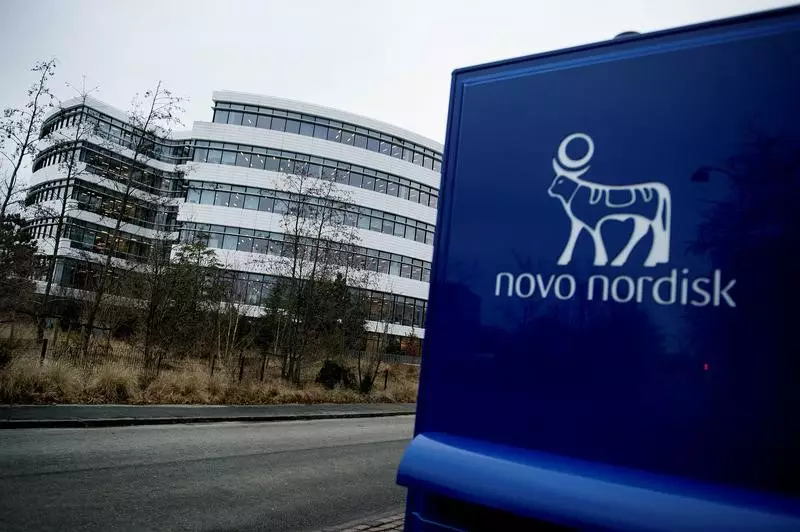Novo Nordisk’s stock recently faced a significant downturn, dropping 3.6% following an announcement from the U.S. Department of Health and Human Services (HHS). This statement revealed that two of the company’s leading products, Ozempic and Wegovy, are now part of the 15 medications slated for price negotiations under the Inflation Reduction Act. The decline in stock value is concerning, with a cumulative drop of over 24% in 2025 and a staggering 39% over the past six months. Such fluctuations raise questions about the long-term viability of Novo Nordisk amidst increased government scrutiny on drug pricing.
The HHS’s announcement signifies a pivotal moment in the ongoing effort to regulate pharmaceutical pricing, particularly for prescription drugs that impose significant costs on the Medicare program. The negotiations are set to commence this year, but the implications of the new pricing structure will not materialize until 2027. This delay might create uncertainty for investors, as the effects on revenue and market share will take time to manifest. Given that these 15 drugs collectively represent approximately $41 billion in gross covered prescription costs under Medicare Part D, the implications are vast and significant for companies like Novo Nordisk that rely heavily on sales from high-cost medications.
For Novo Nordisk, Ozempic and Wegovy have been crucial to their business model, contributing significantly to recent growth. These medications, designed for managing diabetes and weight loss, respectively, have positioned the company as a leader in these therapeutic areas. However, their inclusion in the Medicare price negotiation process introduces an element of risk. With potential reductions in the prices of these drugs, the company could face considerable pressure on its revenue streams, particularly if competitors are able to capitalize on the altered landscape of drug pricing.
The Broader Implications for Drug Pricing
The Medicare Drug Price Negotiation Program, as emphasized by HHS Secretary Xavier Becerra, aims to empower consumers by lowering the costs of life-saving treatments. This intention to improve accessibility is commendable but raises questions about the potential stifling of pharmaceutical innovation. While this initiative is designed to save billions of dollars and provide better access to necessary medications, it also places companies like Novo Nordisk in a precarious position where the financial incentives to invest in new therapies could be diminished.
As Novo Nordisk navigates this complex new environment of drug pricing negotiations, the future remains uncertain. The company must adapt its strategies to remain profitable within a framework that increasingly prioritizes cost savings for consumers over profit margins. The next few years will be critical for Novo Nordisk’s leadership, as they must strike a balance between maintaining competitive pricing and investing in innovation. Ultimately, how well they manage these challenges will significantly influence their market position and long-term success in the healthcare landscape.

